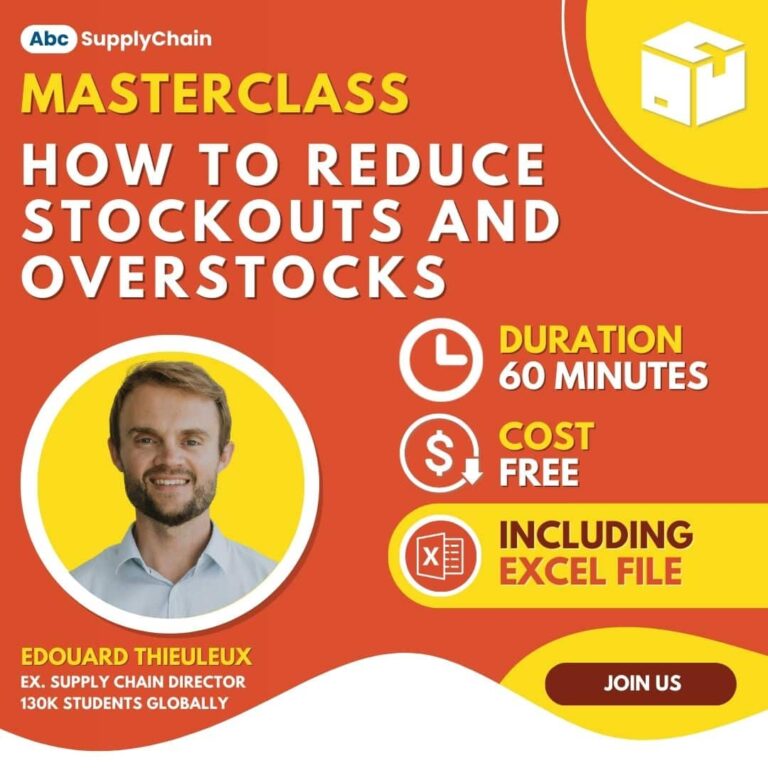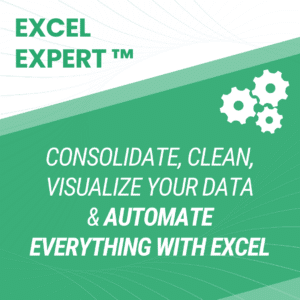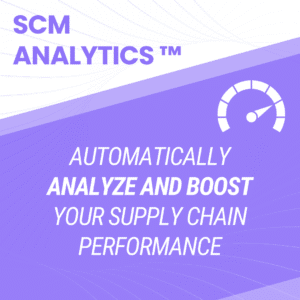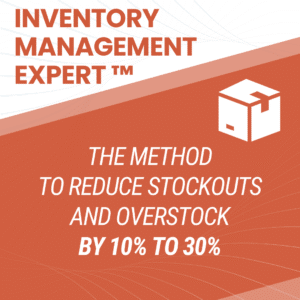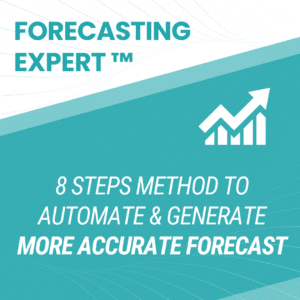Blockchain in Supply Chain has many applications:
- Traceability
- Combating fraud
- Verification/Audit systems
But what are some concrete examples of Blockchain implementations? How can supply chain professionals become experts in this field?
I brought up those subjects with a friend, who is an expert in Blockchain for digital Supply Chains. I got the opportunity to ask him all my questions about Blockchain.
Check my interview below:
(This video and article are not sponsored, just a chat with my friend)
Blockchain in Supply Chain: Introduction of an expert
I met Žiga a few years ago during a conference in Sydney. I quickly understood he was this kind of “crypto guy “. After a good chat on Bitcoin and Ethereum, I got surprised to find out he also knew quite a lot about Supply Chain.
Indeed, Žiga Drev is co-founder and managing director of OriginTrail, an ecosystem that enhances Supply Chains’ visibility by enabling trusted data sharing across organizations and systems. Since the last 10 years, OriginalTrail has improved visibility and transparency in supply chains, so consumers would know what kind of products they are buying.
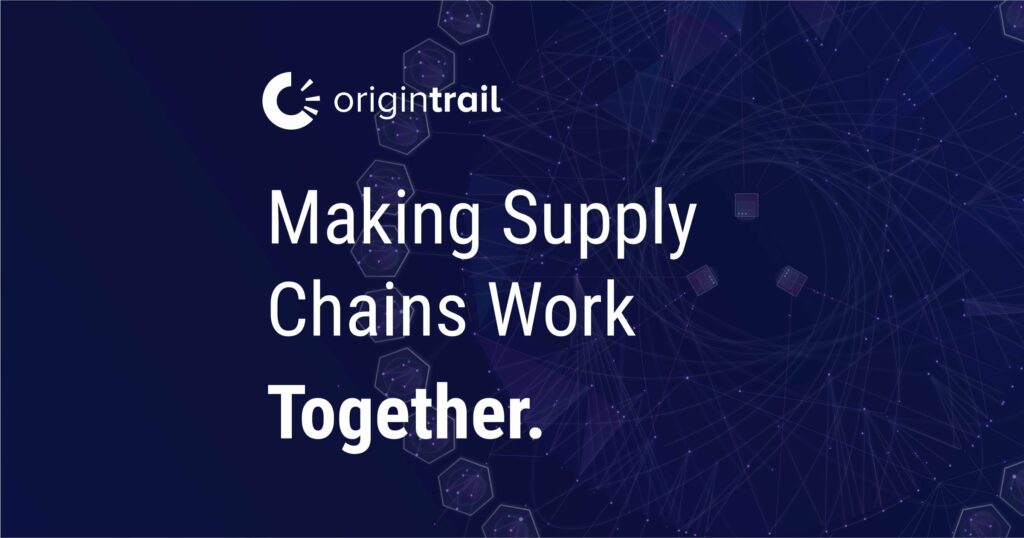
In 2013, Žiga launched his company with his two associates and started adding blockchain components in their solutions in 2016. Very quickly, they realized that blockchains are not silver bullets for supply chains, as they don’t have all the required database properties. Therefore, they started open-sourcing the Origin Trail protocol, to address the common issues faced by the use of Blockchain for Supply Chain: scalability, costs, and lack of database features.
Since then, they have been implementing this protocol in the US, China, and many other countries.
Here is the full transcript of the interview.
1. What is Blockchain?
“ I think we need to look into what it enables, and usually it is trust. If we exchange data in a much-centralized way, we can always be skeptical whether someone has tampered with that data. If we have to apply blockchain for exchanging data, then we essentially create this trusted environment whereby traditional ways of generating trust are not necessary anymore. You put this kind of burden of leaving trust onto blockchain “
So, what is blockchain used for essentially?
“It delivers trust between different parties exchanging data and this is why we use blockchain for.”
2. What is the difference between Blockchain and a database?
“ Blockchain is also some sort of database. It’s a very primitive database where you would store and exchange data in blocks and hashes. It has a properly sourced database. What you are referring to here is most probably the centralized database VS blockchain, which is a kind of decentralized and distributed ledger. “
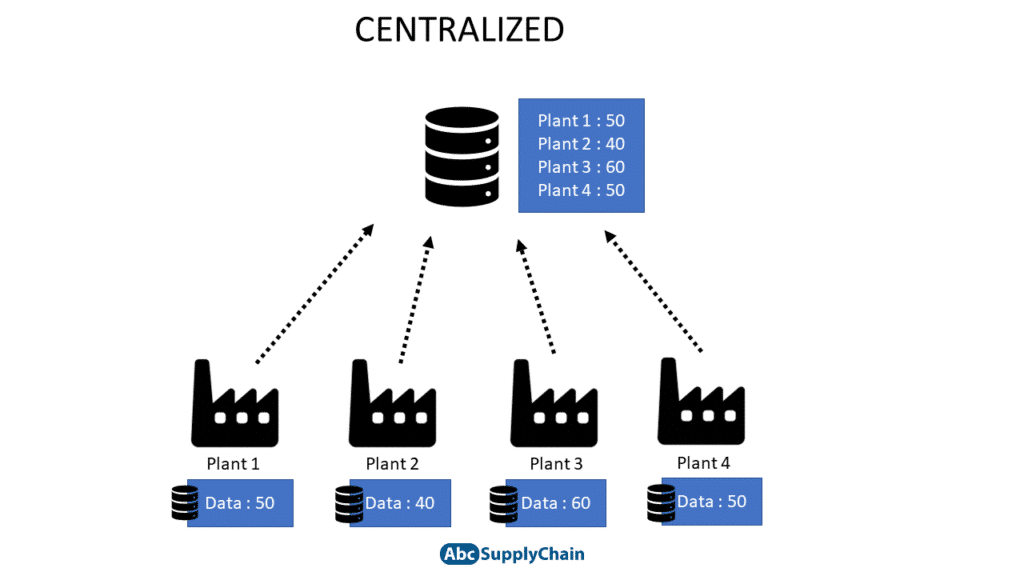
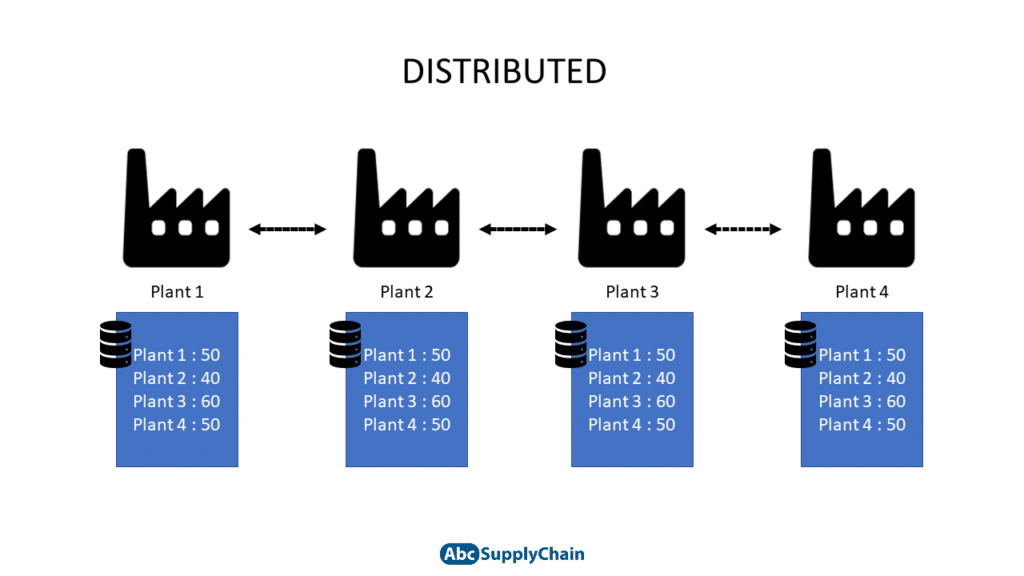
“And from the cost perspective, blockchain and especially public blockchains are more expensive. […] You don’t get trust when you are only storing data in a centralized database, whereas using decentralized technology like blockchain can give you this trust property. This trust comes at a cost.”
3. How costly is Blockchain for Supply Chain?
“ It depends on how you use it. Initially, we started using public blockchains back in 2016 to record hashes -essentially fingerprints of the data- that were sent from ERP systems. We did a few tests where it would not only put hashes but store more data, and it was very costly.
When we applied a common-sense approach towards using blockchains, so using it for what it’s only intended to be as a layer of trust, we could significantly lower the cost.
For exchanging and storing data, blockchain is way more expensive, but you will not use it for that: it is like comparing apples and peaches. In terms of value, using blockchain -the right way, that is only as a consensus layer- is significantly surpassing the value of using centralized data.“
4. How can we use blockchain for Supply Chain?
“ It depends: Companies typically come to us when they have traceability issues or when they have transparency issues in their supply chains.
The first step would be to get themselves educated. There is a plethora of resources available online. You can go on YouTube, there are both detailed and high-level examples of how to use blockchain. Self-education makes a lot of sense.”

“The second step would be to contact a company that could take a look into your business model and the problem that you have, and then give you a workshop on how to potentially apply blockchain technology in your case. “
5. What are the Top 3 problems you solve with blockchain for supply chain?
“ When it comes to data exchanges, there are several problems. There are several technologies and open data models that you should apply if you want to use blockchain.
Making data more coherent in a supply chain requires not only to use blockchain technology, but also to work on data models. Because what you tackle here is a problem of bad data. A bad data problem has 3 aspects:
The data is not structured well. Whatever technology used won’t work: garbage in, garbage out.
The data is untrusted. You would apply blockchain in decentralized technologies to make sure that the data we exchange is trusted (so after structuring it).
The data interoperability. If you want to scale up the solution in an enterprise setting and if you want to invite suppliers or at least two parties into your consortium, you will need to make sure that the solution itself, so the middleware, is interoperable.”
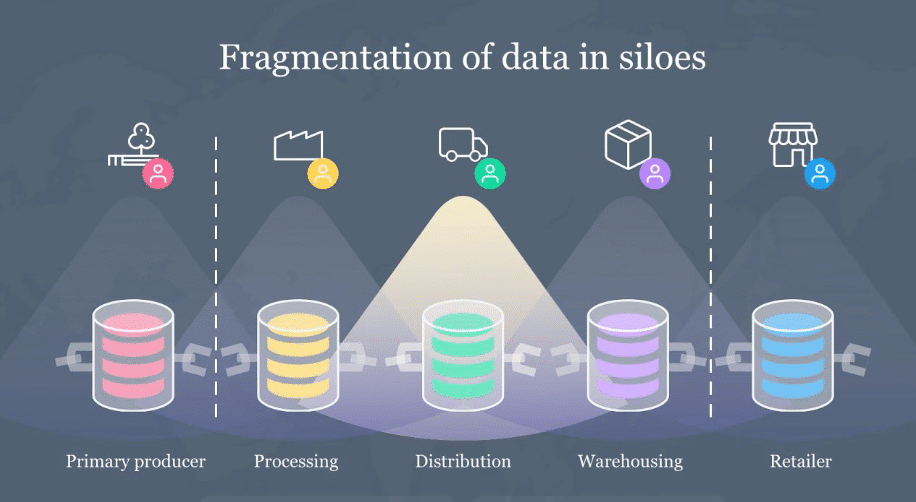
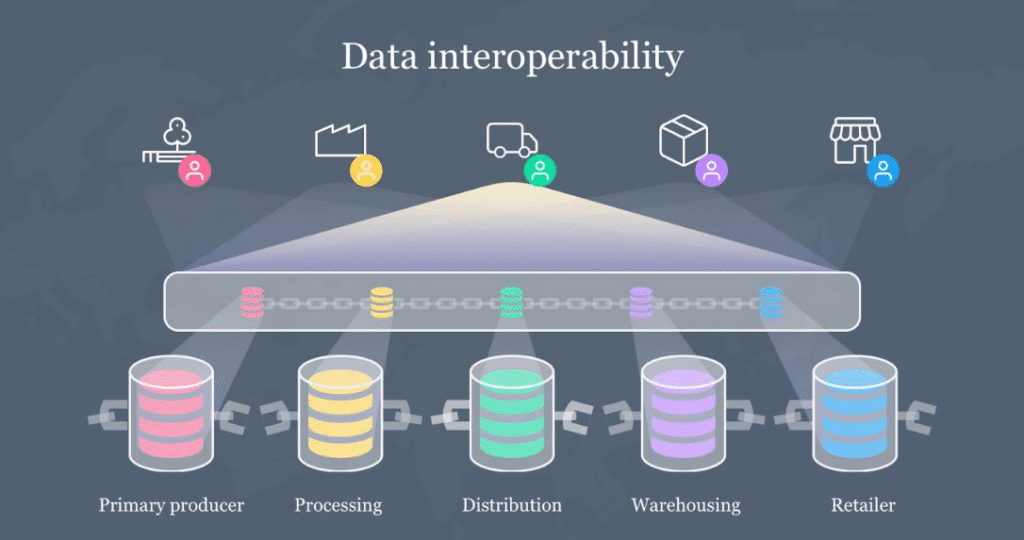
6. What are your TOP 3 examples of Blockchain project?
“ One of the most interesting examples is the British Standards Institution. They are essentially helping companies to become more trustworthy in an international environment. Trustworthiness is based on auditing different companies in different parts of the world.
One of the solutions we co-developed with them is called “Scan Trusted Factory“. It’s essentially an organization that is associating the biggest retailers in the US such as Walmart, Home Depot, Disney, Trader Joe’s, etc.
The main aim of that solution is to allow those retailers to exchange audit data about companies exporting or importing products in the US. So you would have 18 000 auditing reports inside the solution, and this is helping those retailers to exchange data with their competitors, to show that auditing reports have been conducted.Another example, perhaps more straightforward, is the traceability we do for the largest poultry producer in southeastern Europe. We help them trace chickens. So, as a consumer, when you go to a store you would scan a product, and then you would see where the product’s coming from for each specific batch.”

Going forwards with the examples, we are also in the supply chains of railways, so in transportations. We work with the Swiss Federal Railways and our aim is to make data more coherent so that the company would know immediately where a certain material is coming from. That would mean the transportation is safer, which is very important for big systems. If something deteriorates in your railway system, you can immediately correlate the faulty material with your supplier and act more quickly to improve the safety of the passengers. “
7. ERP (SAP, Oracle, Microsoft Dynamics…) and Blockchain?
Both SAP, Oracle, IBM and the bigger companies are offering their own blockchain solutions. Perhaps one of the things that they are pointing out is that blockchain is not a silver bullet. You need to take into consideration the existing legacy infrastructure […] and data models.
Actually, the first step would be to model data in a way that the different systems can speak the same language”.
Should I use SAP directly, or should I use another technology connected to my SAP?
It’s either/or, whatever you are comfortable with as a Supply Chain Director. The main thing is that whatever solution you use is interoperable with the middleware that your peers might be using. An example of a good middleware technology is when they are focused on using standards such as JS1, W3C for verifiable credentials. In our opinion, very good blockchain technologies take into consideration open data models. When you do so, you can go either/or as long as your suppliers and yourself are being mindful about the data structure “
8. How can I start implementing blockchain in my supply chain (as a Supply Chain Manager / Director)?
“I think you should start with WHY. Blockchain is definitely not almighty. You should always question yourself about why you use this type of technology. So if you understand why you are doing it, it’s much easier to select the best courses and also the best technology to start experimenting on. Also, these technologies are open-sourced. Once you understand what problem you would like to solve, once you have gone through different courses, then you can perhaps visit one of the vendors. Most of them are part of different associations.
For example, we have one called Trace Alliance, and within Trace Alliance we educate professionals like this. You have also different associations that might not even charge you money to get educated.”
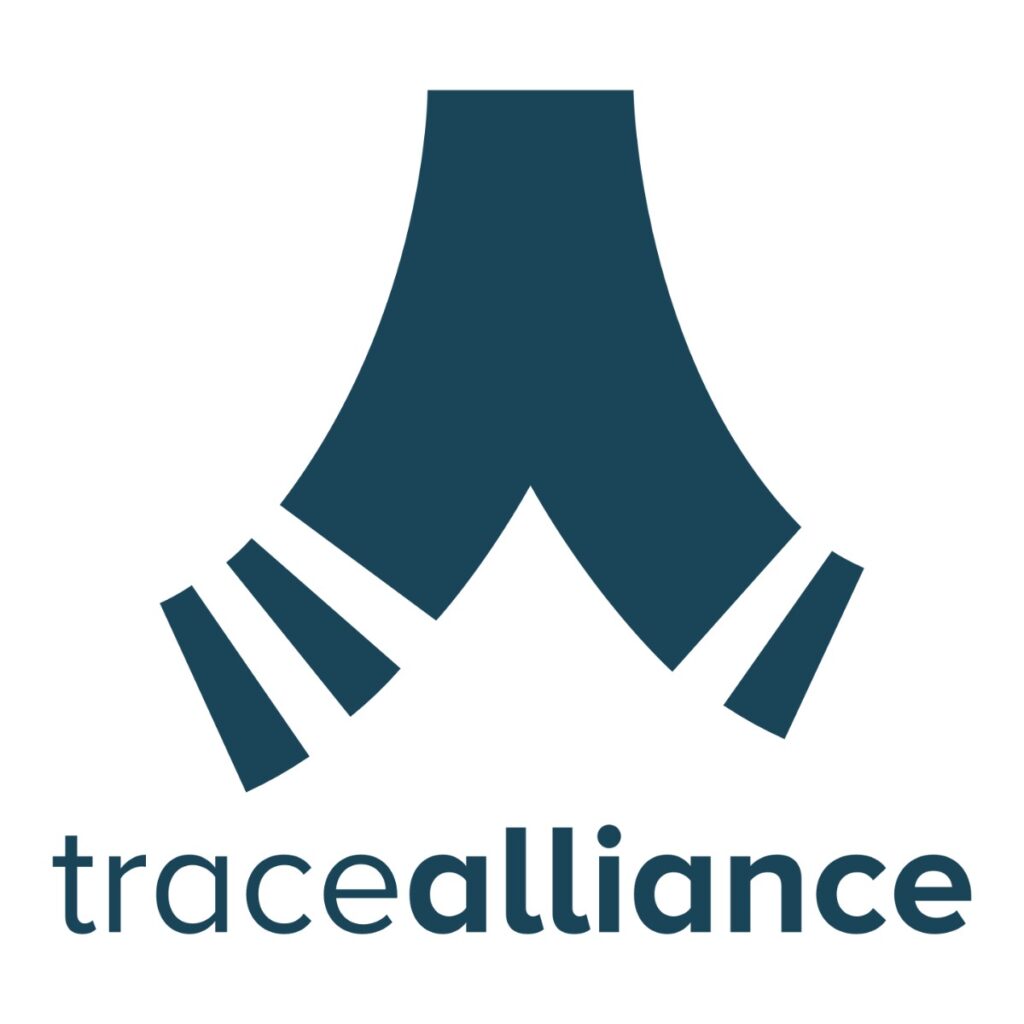
So start with“why? “, and then get the resources that you need to solve the problem of your company. “
9. How can I become a blockchain for Supply Chain expert?
“ Becoming an expert is way easier right now than it was a couple of years ago. There are so many resources online, you can just type “blockchain for supply chains” to have more granular answers. My personal advice would be to stay curious, and not take yourself into one specific solution. So stay open-minded because this is a fast-growing technology and something that is cool right now might be obsolete tomorrow. It’s all based on the open-source component, so if you keep your mind flexible, you can add certain components which are more applicable.“
10. What should I learn first (foundations)?
“ Definitely you should look in open-source and open data models because this is kind of an ABC of supply chains just like your channel would point out. You can look perhaps into GS1, a global organization responsible for bar code systems. Go on the website and be curious about the standards because all the biggest companies are using those standards”.

“Also, something that is a bit more advanced and a bit less advertised in the supply chain’s space is W3C organization. Both organizations are very fundamental, yet crucial for any type of data exchange. And if you want to upgrade data exchanges using decentralized technologies, you are still using the same elements [and the same norms]. That’s why, to add on top [of your current system] any type of decentralized solution, you are free to choose because there are so many providers. By choosing them, make sure you are keeping your mind open because things might be obsolete tomorrow ! So the data structure is the key here. “
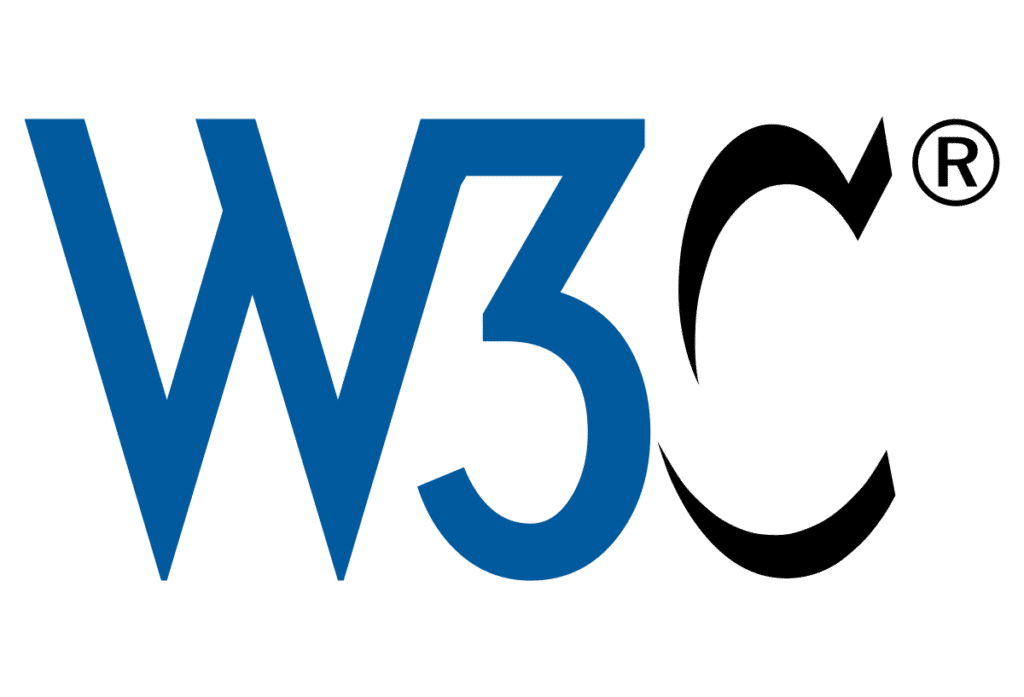
11. How do you see this covid time impacting the blockchain business?
“ Companies are becoming more curious about using blockchain in supply chains because of the Covid situation. People are no longer able to travel as often as they could before, and blockchain is promising to replace this layer of trust of humans with technology. So definitively, we see the demand growing. It seems that companies that waited before they started digital transformations are now waking up.“
12. What is the future of blockchain for Supply Chain?
“ I feel people believe that there is not going to be a single blockchain technology. Most probably we are going to see decentralized or distributed ledgers implemented. Again, a crucial point in the future for the value creation of those solutions is the open data models. They are going to power interoperability between these different blockchain ecosystems.
I believe that companies should be free to choose. Governments or big companies showcase their preferred solutions, but don’t lock yourself up in one solution. It’s good that we have this free-market mentality, that we apply something that we believe is best. Just get your data structure settled first because once you have that, it’s going to be much easier to interact with different ecosystems. “
13. Bonus: Should I buy Bitcoin today?
Disclaimer: This is NOT financial advice.
“ Personally I’m a huge believer of cryptocurrencies, and blockchain is kind of a cryptocurrency. I believe it’s a good investment, but you should only invest as much as you are willing to lose. So invest a small portion because it’s very risky, but has also a very high upside. Do your homework, read about the whole thing, so you are aware of the risks. “
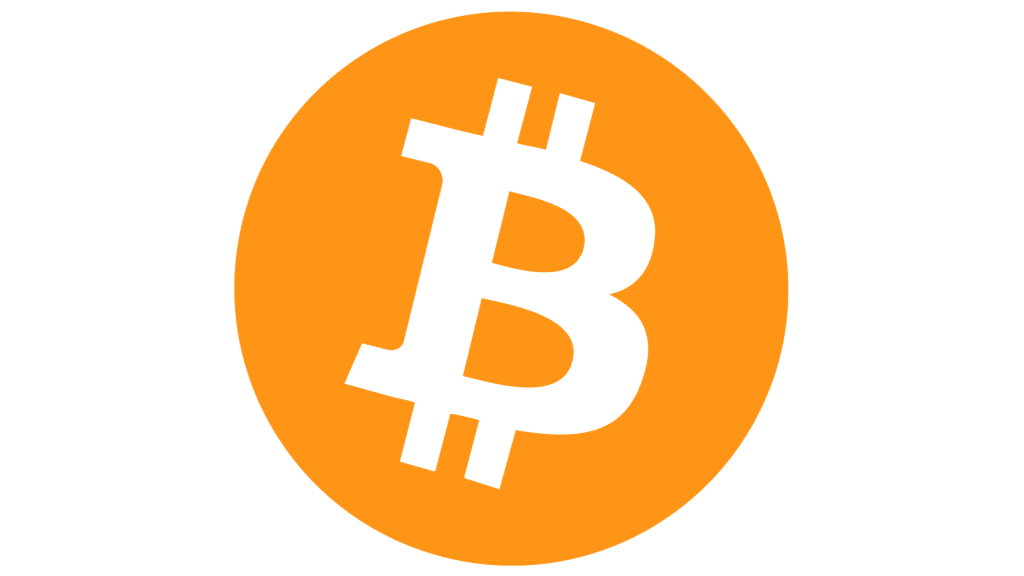
Blockchain in Supply Chain: Before Going Further
That is it for the interview, I hope you enjoyed it as much as I did! And that you grasped the potential of blockchain applications in Supply Chain.
Before using such advanced technology, you need to make sure you master the essential tools and methods in supply chain, such as:
